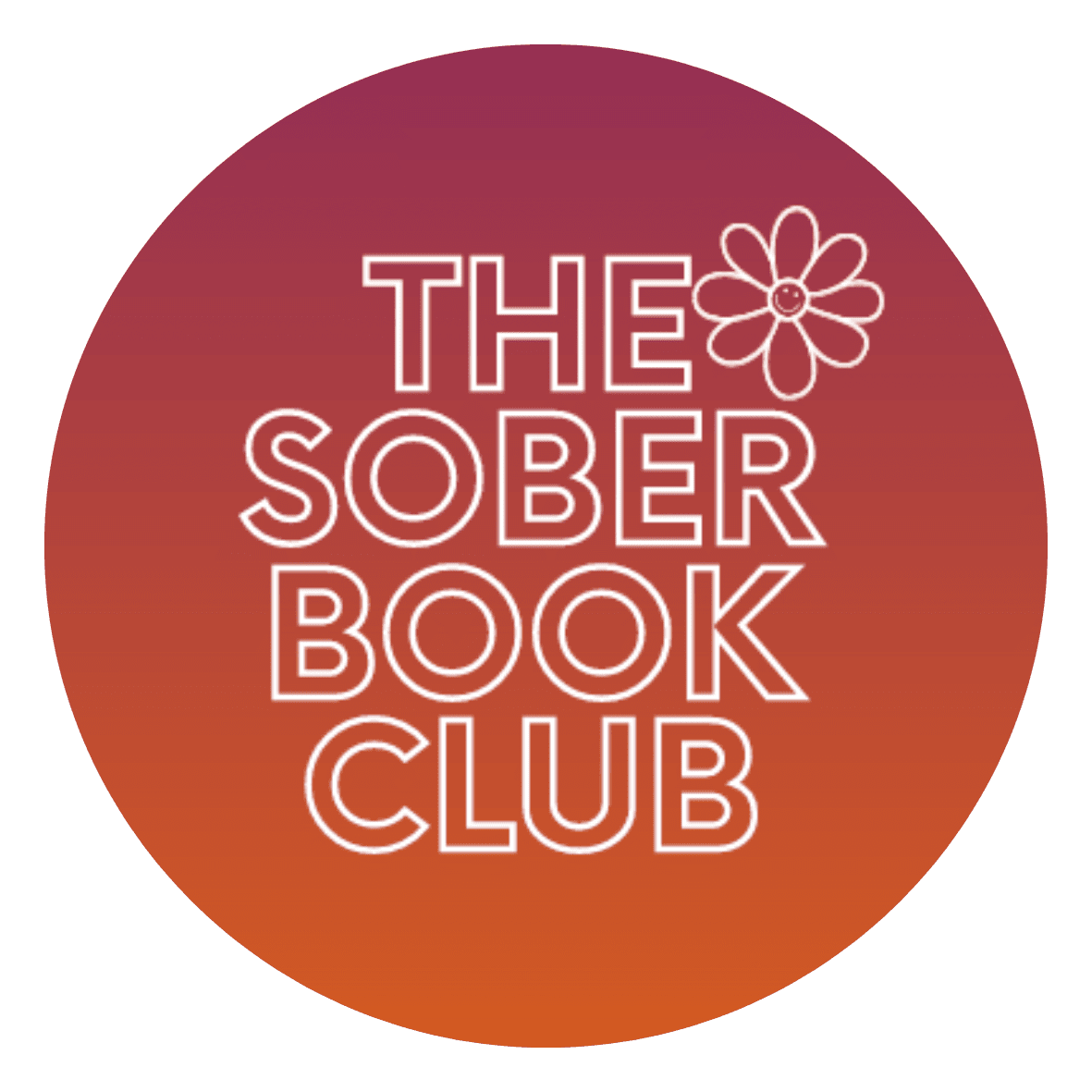Self-Care: Marketing or Mindfulness?

Posted November 12, 2022
Guest Blogger: Mia
When the #MeToo movement took off in late 2016 I suddenly found myself feeling extremely emotionally unstable, anxious, and frightened. It was in therapy did I understand that what I was experiencing was PTSD, triggered by the constant sexual assault content flooding my social media feeds, and it was there that I heard the term “self care” for the first time. In the context of what I was experiencing, self-care in the form of bubble baths, face masks, a glass of wine and cake made sense. I needed a way to tell my heart and my body that what it was experiencing was valid and worthy of care and acknowledgement, that I was worthy of putting my tasks and obligations aside to focus on myself and care for myself in ways that I wasn’t receiving elsewhere–institutions and society at large.
Fast forward to today and the term self-care is not only ubiquitous, but a direct marketing strategy, from the health sector to even the alcohol industry. A million bubble baths, face masks, and bottles of wine later, self-care means something completely different to me now than it did six years ago. It made sense to me then, based on where I was in life, that I needed a soft introduction to self-care, something quick and easy to do for myself that would feel gratifying yet indulgent. But as I get ready to celebrate one year of alcohol recovery, I realize that sobriety has been the ultimate form of self-care for me.
As many people in the sober community know, choosing sobriety is more than abstaining from alcohol, but the willingness to sit with what’s uncomfortable. It’s about finding compassion for versions of yourself that you hate, that version you spent your whole life running from, the version you tried to drown in alcohol. Sobriety as a form of self-care can still include bubble baths, sweet treats, and spa days. More importantly though, it includes the undeniable truth that life is hard and there are many reasons to disengage, but choosing sobriety is choosing to meaningfully engage in a life you secretly (or not so secretly) never thought was worthy.
This form of self-care isn’t profitable or marketable in the same way as clever wine names, fancy massage packages, or luxury vacations, but in so many ways it’s the self-care we all need. Sobriety as a form of self-care reveals to us that vulnerability is powerful, shame is insidious, and uninhibited joy is free and priceless. Furthermore, we are all deserving of a life worth living and being present for, we are greater than the sum of our shortcomings, and it’s never too late to start over.
Contact Us
Send a Message
Interested in joining our community? Message me with questions! Everyone has a unique situation, and I'll strive to support yours.
